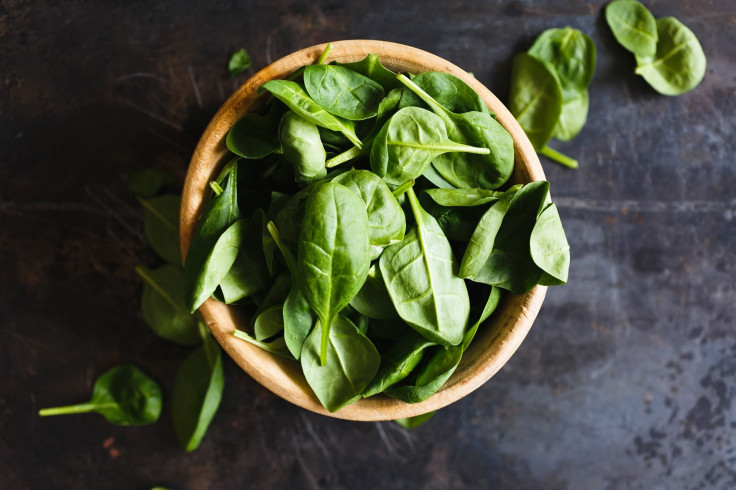The Dark Side Of Vegetables: Which To Eat And Which To Pass Up

Everyone knows it’s vital to eat your veggies, but not all are created equal. In fact, there are some that you might want to steer clear of as they can cause bloating, weight gain or inflammation.
Here are the top vegetables to avoid and why.
Read: Peruvian Fruit Is New Superfood For 2017: Health Benefits Of Lucuma, 'Incan Gold'
Starchy
According to a study by Harvard University, you’ll want to omit this entire category if you’re looking to lose a few pounds. Researchers looked at fruit and vegetable consumption of more than 133,000 American adults and found that those who ate more starchy vegetables put on pounds, while those who limited their intakes actually lost weight. Starchy vegetables include potatoes, corn, peas, winter squash, and yes, sweet potatoes. Many tout the health benefits of sweet potatoes, which are full of vitamins and fiber, however, they might be best eaten in moderation.
Cruciferous
Kale, broccoli and cauliflower are practically life-saving foods, right? Yes, while these veggies have loads of fiber, are low in calories and provide plenty of nutrients, they can also cause bloating. “Humans don't possess the enzyme to break down raffinose, a complex sugar commonly found in cruciferous vegetables,” clinical nutritionist Jennifer Cassetta, CN, MS, told EatThis.com. “So when these vegetables get to the lower intestine, they’re fermented by bacteria and produce methane, carbon dioxide and hydrogen, which leads to gas.”
Nightshade
You might not know them by their classification, but you’ll definitely recognize these veggies in the grocery store: eggplant, bell peppers and tomatoes all fall into this category. They’re all part of the family of Solanaceae plants, which produce an alkaloid compound known as solanine. According to registered dietitian Cynthia Sass, MPH, RD, in an article on Health, some health experts advise avoiding these foods as they might cause inflammation. In the long term, inflammation can cause joint pain, digestive issues, sleep problems, premature aging and chronic diseases. However, research is inconclusive and these veggies continue to be controversial.
The Dirty Dozen
Every year, the Environmental Working Group releases its list of the 12 fruits and vegetables with the most pesticide residue. According to the organization’s website, the USDA found a total of 178 different pesticides on thousands of produce samples, which remain even after the foods have been washed. While spinach is one of the healthiest vegetables you can eat, it’s also the dirtiest, ranking number two (coming in just after strawberries) on this year’s list. According to the EWG, Spinach samples had double the pesticide residue by weight than any other type of produce.
See Also:
Fruits And Vegetables Are Just As Important For Your Legs As They Are For Your Heart
How To Feel Less Stressed: Eat More Fruits And Veggies, Says Study
Published by Medicaldaily.com



























